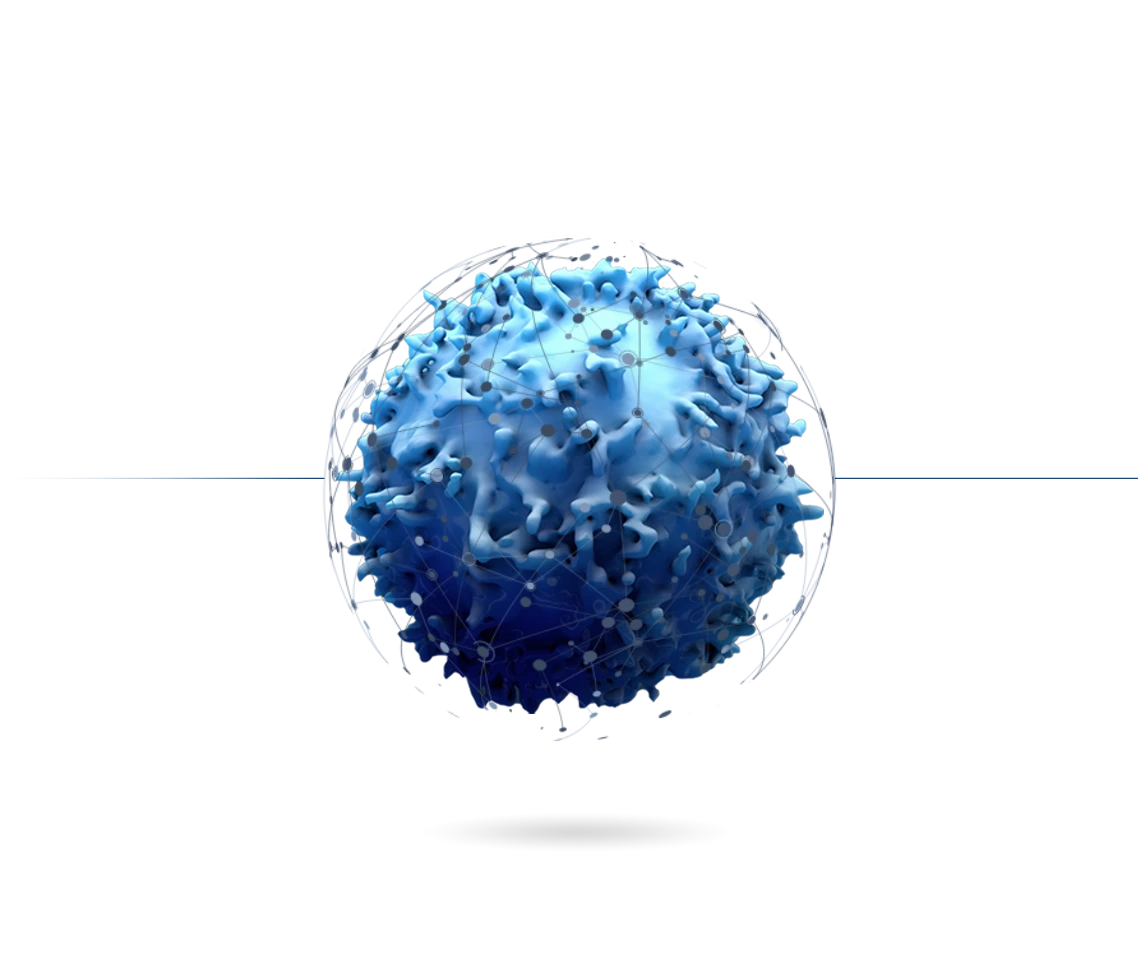CARGO’s Scientific Advisory Board has the experience and success in developing, manufacturing, launching and commercializing oncology and cell therapy products necessary to achieve our goal of becoming a fully integrated, leading cell therapy.
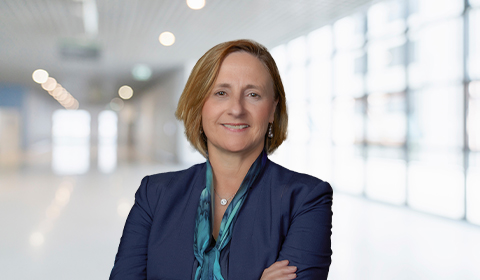
Crystal Mackall, MD
Dr. Mackall is the Ernest and Amelia Gallo Family Professor of Pediatrics and Internal Medicine at Stanford University. She serves as Founding Director of the Stanford Center for Cancer Cell Therapy, Associate Director of Stanford Cancer Institute, Leader of the Cancer Immunology and Immunotherapy Program, and Director of the Parker Institute for Cancer Immunotherapy at Stanford.
During 27 years at the National Cancer Institute (NCI), cumulating as Chief of the Pediatric Oncology Branch, and now at Stanford, she has led an internationally-recognized translational research program focused on immuno-oncology. She has conducted numerous early phase, first-in-human, first-in-child clinical trials spanning dendritic cell vaccines, cytokines and adoptive immunotherapies using NK cells and genetically modified T cells. Working with colleagues at NCI, her group was among the first to demonstrate impressive activity of CD19-CAR in pediatric leukemia (Lee, Lancet 2014). Dr. Mackall’s lab invented the CD22-CAR (Haso, Blood 2014) which is the focus of CARGO’s lead clinical candidate, and she played a leading role in the NCI clinical trial of the CD22-CAR (Fry, Nat Med 2018; Shah, JCO, 2020). Dr. Mackall also contributed to the invention of the CD19/22 bispecific and bicistronic CARs and led the first two clinical trials of the CD19/22 bispecific-CAR at Stanford.
Dr. Mackall is a member of the American Society of Clinical Investigation, the American Academy of Physicians and received the Lila and Murray Gruber Award for Cancer Research in 2019. She serves in numerous national leadership positions, including co-PI on the NCI Pediatric Cancer Immunotherapy Network (U54), Leader of the NCI Pediatric Cancer Immunotherapy Trials Network, and co-Leader of the St. Baldrick’s-StandUp2Cancer Pediatric Dream Team. She is Board Certified in Pediatrics, Pediatric Hematology-Oncology, and Internal Medicine.
Dr. Mackall has served on numerous biotechnology and pharmaceutical company scientific advisory boards and previously co-founded Lyell Immunopharma, which is developing next-generation CAR-T cells.
Dr. Mackall earned an MD from Northeastern Ohio Universities College of Medicine, completed a residency in pediatrics and internal medicine at Children’s Hospital Medical Center of Akron, and a fellowship in pediatric hematology/oncology at the NCI-NIH. She obtained a BS (summa cum laude) in Natural Sciences from the University of Akron.
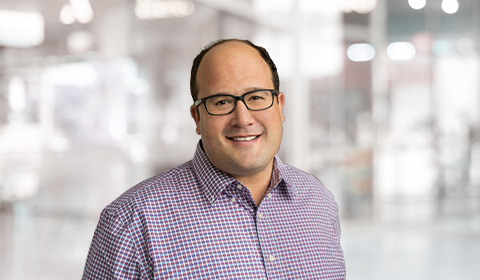
Robbie Majzner, MD
Dr. Majzner is the Taube Distinguished Scholar for Pediatric Immunotherapy and an Assistant Professor of Pediatrics in the Division of Hematology and Oncology at Stanford University School of Medicine. His laboratory focuses on engineering novel CAR T-cells to overcome resistance in hematologic malignancies and to treat solid tumors. Dr. Majzner’s work has identified target antigen density as a major contributor to CAR T-cell efficacy, and he has generated novel CAR architectures capable of overcoming low target antigen density (Majzner et al., Cancer Discovery, 2020). Dr. Majzner has also generated and optimized novel receptors to recognize antigens over-expressed on pediatric solid tumors such as GD2 (Mount/Majzner et al., Nature Medicine, 2018) B7-H3 (Majzner et al., Clinical Cancer Research, 2019), and ALK (Walker/Majzner et al., Molecular Therapy, 2017), several of which are now in first-in-child clinical trials.
Drawing on deep correlative studies from clinical trials performed at Stanford, Dr. Majzner’s team identified mutations and loss of CD58 in large B cell lymphoma as predictive of poor outcomes after treatment with CD19 CAR T-cells. After modeling the failure of CAR-T cells against CD58-negative tumor cells in murine models and defining the biology of the CD58-CD2 interaction in CAR-T cells, Dr. Majzner’s laboratory engineered novel CAR T-cell receptors capable of overcoming CD58 loss in lymphoma and other cancers. This CD2 platform will be licensed by CARGO and developed alongside the CD22 CAR with the overall mission of overcoming CAR resistance to extend their clinical benefit for patients in need.
Dr. Majzner earned an MD from Harvard Medical School, completed residency training in pediatrics at New York Presbyterian-Columbia, and fellowship training in pediatric hematology-oncology at Johns Hopkins and the National Cancer Institute. He obtained a BA in Computer Science from Columbia University.
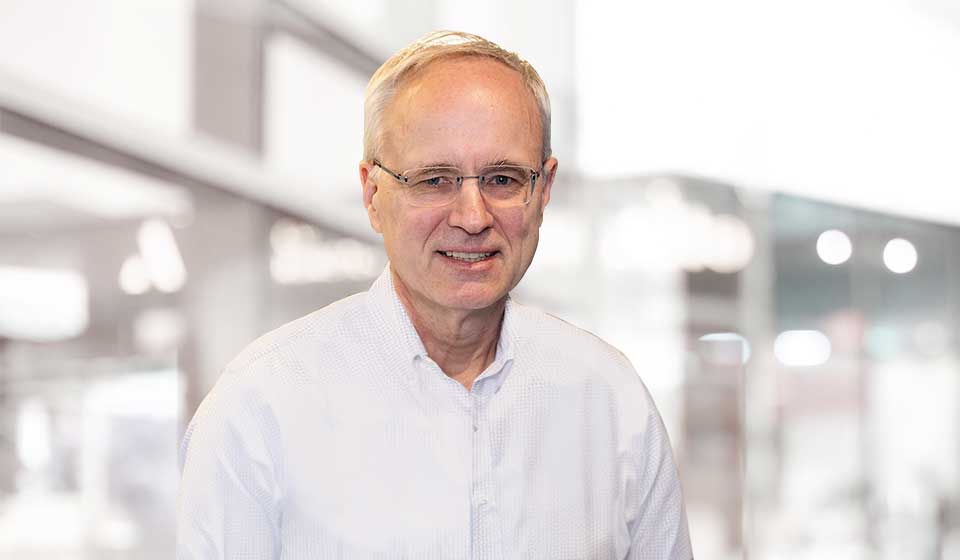
Steve Gottschalk, MD
Dr. Gottschalk is the Chair of the Department of Bone Marrow Transplantation and Cellular Therapy at St. Jude Children’s Research Hospital. He is a physician scientist, who is interested in hematopoietic cell transplantation and cancer immunotherapy. His current research focuses on the development of cell-based immunotherapies for pediatric cancers. Dr. Gottschalk is actively conducting investigator-initiated early phase clinical studies with conventional and genetically modified immune cells. In the laboratory, he is overseeing a team of researchers, who focus on overcoming current limitations of cell therapies for cancer by using genetic approaches and other biotherapeutics. For his contributions to the field of cellular immunotherapy he was inducted into the American Society of Clinical Investigation. Dr. Gottschalk obtained his MD at George August University, Göttingen, Germany, completed his pediatric internship at the University of Münster, Germany, and completed both his pediatric residency and his pediatric hematology-oncology fellowship at Baylor College of Medicine in Houston, Texas.
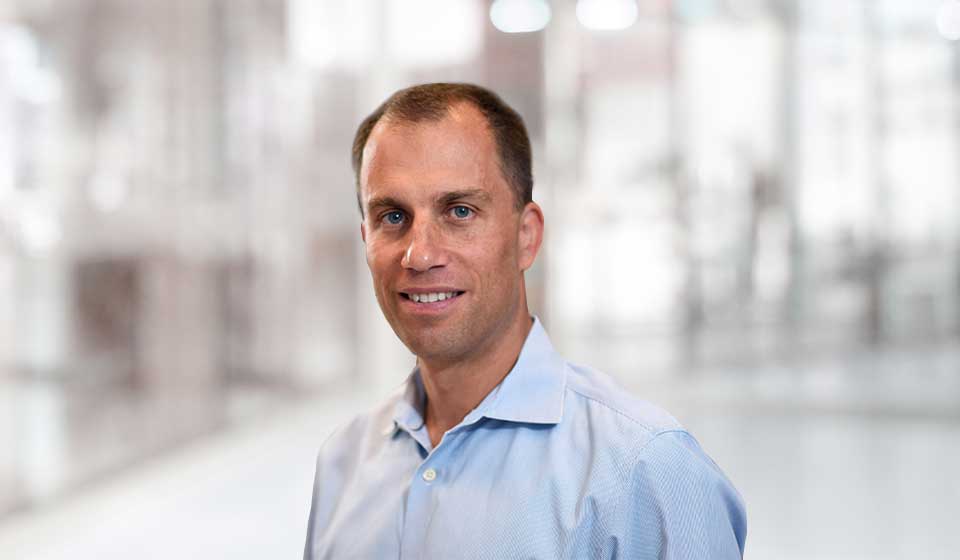
Andras Attila Heczey, MD
Dr. Andras Heczey is currently a physician-scientist and full-time faculty in the Department of Pediatrics of Baylor College of Medicine, Section of Pediatric Hematology and Oncology. He is a member of the multidisciplinary solid tumor team and the Center for Cell and Gene Therapy (CAGT). Dr. Heczey’s research focuses on developing novel treatments for patients with solid tumors by redirecting the immune system to attack cancer cells. He published the first adoptive immunotherapy approach utilizing Natural Killer T cells genetically modified to attack neuroblastoma, and as the Director of the Liver Tumor Center, Dr. Heczey developed a strategy to target hepatoblastoma and hepatocellular carcinoma with genetically engineered T lymphocytes. His lab focuses on gene expression in the solid tumor microenvironment and cellular neighborhood characteristics to understand mechanisms of immune escape and design effective countermeasures. In addition, the lab is engineering T cells to overcome metabolic competition between the tumor cells and effector lymphocytes with the goal of reprograming cells in situ. Dr. Heczey completed his undergraduate and medical education at Semmelweis University in Budapest, Hungary. As a postgraduate, he trained at Semmelweis University in infectious disease, Children’s Hospital of Los Angeles in general pediatrics, and Texas Children’s Hospital in pediatric hematology and oncology.
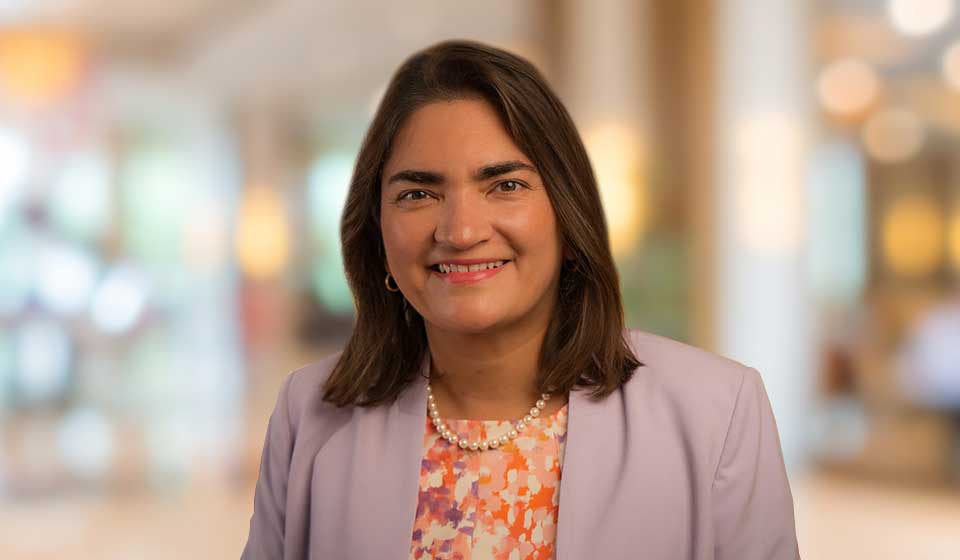
Marcela Maus, MD, PhD
Dr. Marcela Mausis currently an Associate Professor at Harvard Medical School, the Paula O’Keefe Chair in Oncology, Director of Cellular Immunotherapy at Massachusetts General Hospital (MGH) Cancer Center, and an Attending Physician in the Hematopoietic Cell Transplant and Cell Therapy division of Oncology at MGH. She is an Associate Member of the Broad Institute of Harvard and MIT, and an Associate Member of the Ragon Institute of MGH, MIT, and Harvard. Dr. Maus is internationally known for her work as a translational physician-scientist in the field of immunology, particularly as it relates to T-cell immunotherapies and cellular therapies in the treatment of cancer. Her laboratory focuses on the biology of human Tcell activation, costimulation, and memory, and on the application of human Tcell therapies to human disease, including forward and reverse translation of engineered T cell therapies in early-phase clinical trials. She has authored over 100 papers indexed in PubMed and holds multiple NIH R01 grants and several Investigational New Drug Applications (IND’s). She also serves on several scientific and clinical advisory boards for the biotechnology industry as well as external academic medical centers. Dr. Maus completed her undergraduate studies at Massachusetts Institute of Technology (MIT) and earned her MD and PhD from University of Pennsylvania. She trained in internal medicine at University of Pennsylvania and in hematology and medical oncology at Memorial Sloan Kettering Cancer Center.
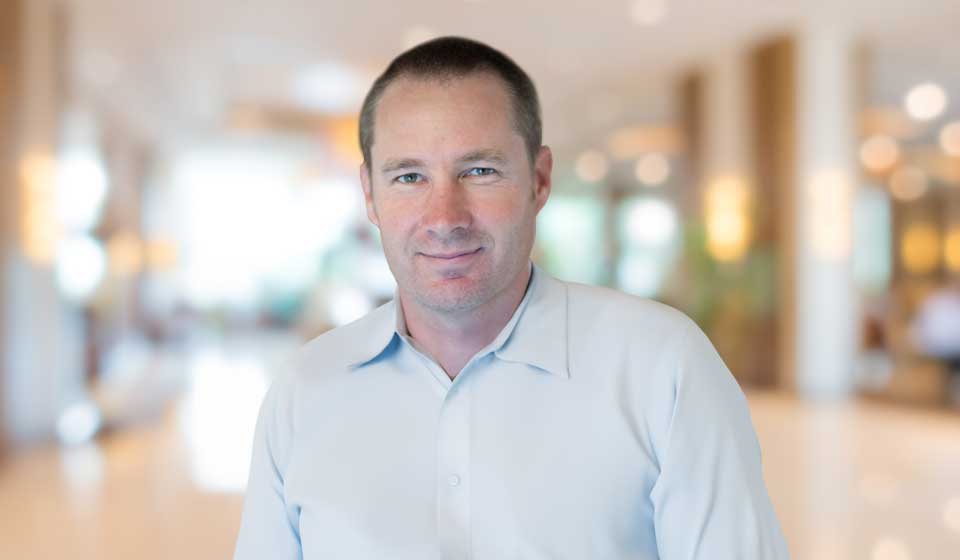
Cameron Turtle, MBBS, PhD
Dr. Cameron Turtle is Professor and CLEARbridge Chair of Cancer Immunotherapy in the Faculty of Medicine and Health at the University of Sydney. Previously, he was Professor and Anderson Family Endowed Chair for Immunotherapy at Fred Hutchinson Cancer Center and Professor at the University of Washington, Seattle, WA. Dr. Turtle is internationally known for development and clinical translation of T cell immunotherapies. Dr. Turtle’s research laboratory focuses on understanding the characteristics of distinct human T cell subsets, the development of novel tumor immunotherapies, and identification of factors governing the immune response to cancer. He has served as Chair of the American Society of Hematology Scientific Committee on Transplantation Biology and Cellular Therapies and is Co-Chair of the Cellular Immunotherapy for Cancer Working Committee of the Center for International Blood and Marrow Transplantation Research. He trained as a hemato-oncologist in Australia, obtaining Fellowship of the Royal Australasian College of Physicians and the Royal College of Pathologists of Australasia. He holds a PhD in dendritic cell immunotherapy from the University of Queensland in Brisbane, Australia.
